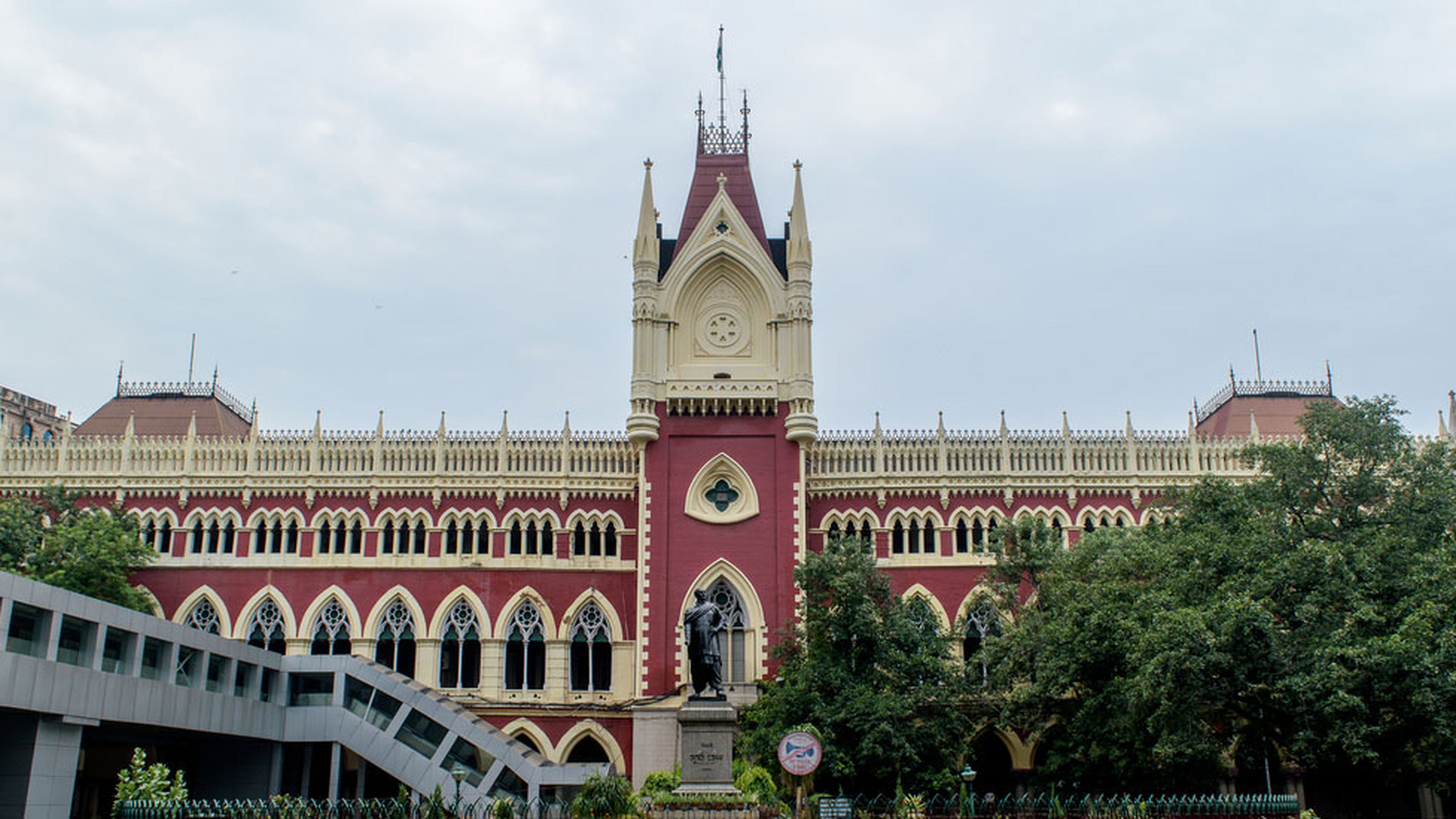By refusing to interfere with the Bengal government’s decision to dole out a specific sum of money to thousands of Puja committees, the Calcutta High Court has honoured the doctrine of separation of powers that is enshrined in the Constitution. While responding to a public interest litigation filed by two advocates that challenged the state government’s move to incur an expenditure of Rs 28 crore in this manner, the learned judges declared quite correctly that the legislature — and not the judiciary — is the appropriate forum to decide on expenditures. The thoughtful opinion would certainly calm the nerves of constituencies — social and political — which allege that India is turning into a judicial democracy under the aegis of an interventionist court.
For the ruling Trinamul Congress, the matter may have ended with the high court’s decision. But some larger questions remain unresolved. For instance, consider the public enthusiasm for filing PILs that seems to be quite peculiar to this country. A PIL was conceived as a legal instrument to empower the citizenry to approach the court directly to settle grievances. There are, however, concerns that such litigations are being filed on trivial grounds, burdening India’s encumbered judiciary further. According to some estimates, over three crore cases are pending in Indian courts, the high courts’ share of which is more than 40 lakh. Data from the National Judicial Data Grid suggest that West Bengal, along with Uttar Pradesh, Maharashtra, Bihar and Gujarat, has a high rate of pendency. Is there then a case for making the admission of PILs a lot more stringent? The other question pertains to the principle of patronage that, over the years, has been honoured by all political parties. Given the precarious nature of West Bengal’s economy — repairs to crumbling flyovers have had to be stalled given the paucity of funds — can an elected government afford to invest in blatantly populist measures? It is the public exchequer that is drained in the process. The reason why political leaders of all hues seldom hesitate to extend such largesse in the name of welfare is that patronage functions as an effective means of exerting control. The Communist Party of India (Marxist) had perfected the dark art of dominance by patronizing local clubs. The Trinamul Congress, a worthy successor of the CPI(M) in this respect, has been more innovative when it comes to exerting its authority. Change — paribartan — thus remains elusive to Bengal.










